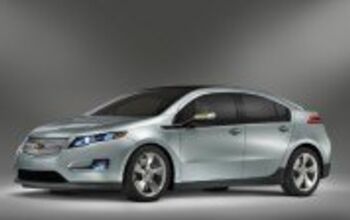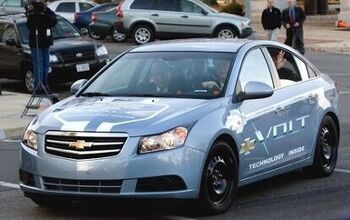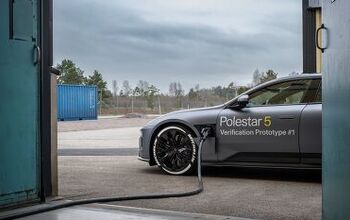2 Views
Volt Birth Watch 178: Splashdown
by
Edward Niedermeyer
(IC: employee)
Published: December 10th, 2009
Share
Edward Niedermeyer
More by Edward Niedermeyer
Published December 10th, 2009 3:54 PM

































Comments
Join the conversation
I would expect these tests to be done on any vehicle. Here's a question: What happens when a Volt is plugged in, and the connection gets wet, either from rain or a spill?
This video is full of metaphors for what ails GM and the Volt.
The looks GM gives us into the development of the Chevy Volt are stunning. Thank you for your transparency, GM, thank you!
So this is what happens.. GMT900 frames.. are pushing this down our throats... with a coula hundred gallons of water.. to find out of we will swallow it.. NICE.